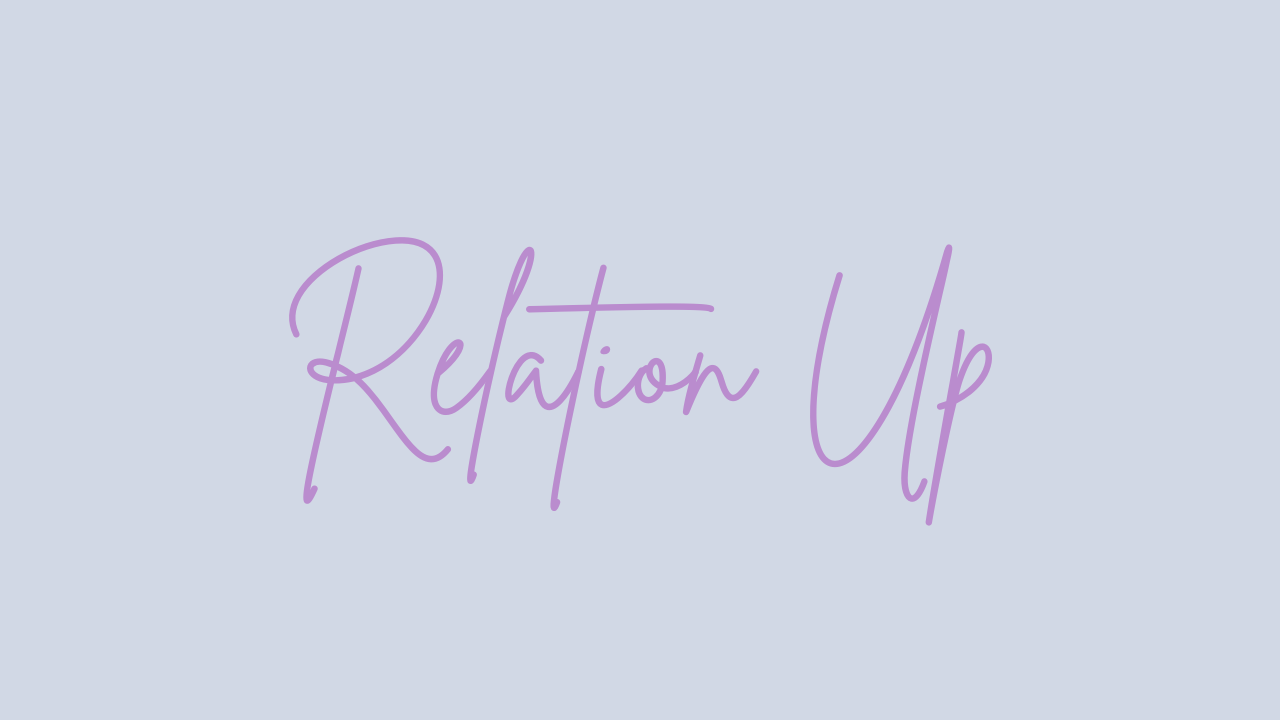Ever wondered why narcissists avoid self-reflection like the plague? Despite their confident exterior, they steer clear of confronting their inner selves. The answer lies in the complex psychology of narcissism—a web of defense mechanisms, fragile egos, and a relentless need for validation.
In this article, we’ll dive into the world of narcissism, unpack why self-reflection is their kryptonite, and explore how this impacts relationships. Whether you’re curious about the psychology or seeking to navigate a relationship with a narcissist, you’ll find actionable insights here.
The Psychology of Narcissism
Narcissism isn’t just about vanity or self-love. It’s a deeper personality trait that thrives on an inflated sense of self-importance, a need for admiration, and a lack of empathy. The term stems from Greek mythology, where Narcissus fell in love with his own reflection. But modern psychology paints a more nuanced picture.
At its core, narcissism is a defense mechanism. Narcissists build a grandiose self-image to mask their underlying insecurities. Beneath their confident façade lies a fragile ego that can’t handle criticism, rejection, or introspection.
What is Self-Reflection, and Why Does It Matter?
Self-reflection is the act of examining your thoughts, feelings, and actions to better understand yourself. It’s a cornerstone of emotional growth, fostering self-awareness, empathy, and personal accountability. For most of us, self-reflection is an empowering process.
However, for narcissists, self-reflection is a threat. Confronting their inner flaws could unravel the grandiose persona they’ve carefully crafted. This explains why they resist introspection, even when faced with the consequences of their actions.
Why Narcissists Fear Self-Reflection
- A Fragile Sense of Self
The grandiose image narcissists project isn’t built on a solid foundation. It’s a house of cards that could collapse under scrutiny. Self-reflection would mean confronting their insecurities and vulnerabilities—something their fragile egos can’t handle. - Fear of Emotional Pain
Introspection often brings up uncomfortable truths. For narcissists, these truths can be excruciating. They avoid self-reflection because it threatens to expose unresolved trauma, guilt, or shame they’ve buried deep within. - The Threat to Their Grandiose Persona
Narcissists rely on their self-image to maintain control and garner admiration. Self-reflection risks dismantling this image, leaving them vulnerable to feelings of inadequacy. - Avoidance of Accountability
Taking responsibility for their actions would require admitting fault—a near-impossible task for narcissists. Self-reflection forces them to acknowledge how their behavior impacts others, which conflicts with their need to maintain an unblemished self-image. - Lack of Emotional Tools
Self-reflection requires emotional maturity, empathy, and the ability to process complex emotions. Narcissists often lack these tools, making introspection a daunting and uncomfortable process.
The Impact of Avoiding Self-Reflection
Narcissists’ aversion to self-reflection affects every aspect of their lives, from relationships to personal growth. Here’s how:
Stunted Personal Growth
Without introspection, personal growth stalls. Narcissists can’t learn from their mistakes or develop emotional intelligence. They remain stuck in a cycle of self-deception and external blame.
Toxic Relationships
Narcissists struggle to build healthy, meaningful relationships. Their inability to self-reflect prevents them from acknowledging their role in conflicts, leading to repeated patterns of manipulation, gaslighting, and emotional neglect.
Professional Limitations
In the workplace, narcissists may excel initially due to their charm and confidence. But their unwillingness to accept feedback or adapt can hinder long-term success.
Mental Health Challenges
Over time, the lack of self-reflection can exacerbate underlying mental health issues. Narcissists may experience heightened anxiety, depression, or even a breakdown when their grandiose self-image is challenged.
Can Narcissists Learn to Reflect?
The short answer: It’s complicated. While it’s rare, some narcissists can learn to self-reflect with the right interventions. Here’s how:
Therapy as a Starting Point
Therapeutic approaches like cognitive-behavioral therapy (CBT) or psychodynamic therapy can help narcissists develop self-awareness. However, they must first acknowledge that they need help—a significant hurdle.
A Safe Space for Vulnerability
Narcissists fear judgment. Providing a safe, non-judgmental environment can encourage them to explore their emotions and thoughts.
Building Emotional Intelligence
Developing empathy and emotional intelligence can make self-reflection less threatening. This often requires guidance from a therapist or a supportive individual.
Small Steps Toward Accountability
Encouraging narcissists to take small steps in acknowledging their role in situations can gradually break down their resistance to introspection.
How to Protect Yourself in Relationships with Narcissists
If you’re dealing with a narcissist, whether in a personal or professional setting, protecting your emotional well-being is crucial. Here are some tips:
- Set Boundaries
Clear, firm boundaries can prevent manipulative behavior. Communicate your limits and stick to them. - Avoid Emotional Dependency
Don’t rely on a narcissist for validation or support. Build a strong sense of self-worth independent of their opinions. - Seek Support
Whether through friends, family, or a therapist, having a support system can help you navigate the challenges of dealing with a narcissist. - Don’t Expect Change
While some narcissists can change, most won’t. Accepting this reality can save you from disappointment and frustration. - Know When to Walk Away
If the relationship becomes toxic or harmful, prioritize your well-being and consider distancing yourself.
Conclusion
The fear of self-reflection is a defining trait of narcissism, rooted in fragile egos and a deep-seated need for validation. While their aversion to introspection can have significant consequences, understanding their behavior can help you navigate relationships with narcissists more effectively.
Remember, you can’t force a narcissist to self-reflect, but you can protect your own emotional health. By setting boundaries, seeking support, and focusing on your growth, you can thrive even in the shadow of a narcissist’s fear of the mirror.
Also Read: Stop the Cycle: 5 Reasons Arguing with a Narcissist Is Futile







